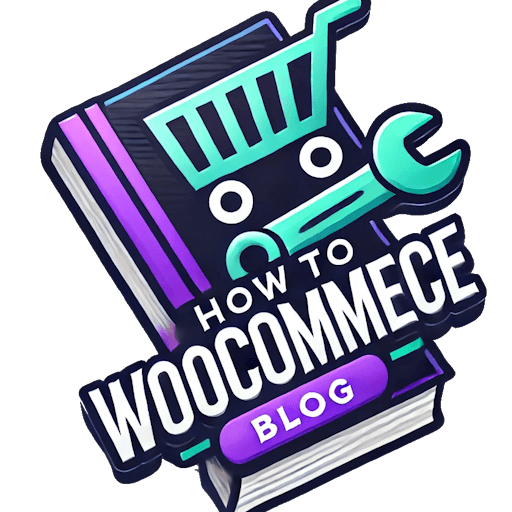# Dynamically Changing WooCommerce Variation Sizes: A Beginner’s Guide
Showing the correct size variations on your WooCommerce product pages is crucial for a smooth customer experience and increased sales. Imagine a customer browsing your t-shirt page – if they only see sizes S and M when L and XL are also available, they might leave your site frustrated. This article shows you how to dynamically change WooCommerce variation sizes, providing a seamless shopping experience for your customers.
Why Dynamic Variation Sizes Matter
Static size displays can lead to several problems:
- Lost Sales: Customers unable to find their size might abandon their purchase.
- Poor User Experience: A confusing Explore this article on How To Manually Post Woocommerce Product Pages To Facebook display discourages browsing and purchasing.
- Inventory Management Issues: Showing unavailable sizes can lead to customer confusion and wasted time.
- Ease of Use: No coding required for most users.
- Additional Features: Often include other useful functionalities like inventory management.
- Support: Plugin developers usually offer support if you run into problems.
- Cost: Many plugins are paid, requiring a recurring subscription or one-time purchase.
- Dependency: Your site relies on a third-party plugin, which can introduce potential compatibility issues.
- Customization: Full control over the display and functionality.
- No Plugin Dependency: Your site’s functionality isn’t reliant on a third-party plugin.
- Technical Expertise Required: You’ll need strong PHP and WooCommerce development skills.
- Maintenance: You are responsible for maintaining and updating the code.
- Risk: Incorrectly implemented code can break your website.
Dynamically updating sizes based on stock availability eliminates these issues, leading to happier Read more about How To Use Woocommerce Table Rate Shipping customers and increased conversions.
Methods for Dynamic Size Changes
There are several ways to achieve this, each with varying levels of complexity. We’ll explore Read more about How To Use Woocommerce Reviews a couple of popular methods:
1. Using a WooCommerce Plugin
The easiest way to manage dynamic size variations is using a plugin. Several plugins offer this functionality, often as part of a broader suite of features. These plugins usually handle the backend complexities for you, requiring minimal coding.
Advantages:
Disadvantages:
Example: Search the WooCommerce Discover insights on How To Find Woocommerce Product Id plugin directory for plugins related to “inventory management” or “dynamic product attributes.” Many will include dynamic size variation management.
2. Custom Code Solution (Advanced)
For those comfortable with coding, a custom solution offers greater flexibility and control. This usually involves modifying your theme’s files or creating a custom plugin. This requires a good understanding of PHP and WooCommerce’s structure.
Advantages:
Disadvantages:
Example (PHP Snippet): This example requires placement in your theme’s `functions.php` file or a custom plugin. Use with caution and back up your files first! This code snippet filters the available variations based on stock availability. You’ll need to adapt it to your specific needs.
add_filter( 'woocommerce_available_variation', 'filter_available_variations', 10, 3 ); function filter_available_variations( $variations, $product, $variation_data ) { foreach ( $variations as $key => $variation ) { if ( $variation['is_purchasable'] === false ) { //Check if the variation is purchasable unset( $variations[$key] ); } } return $variations; }
Explanation: This code snippet checks if a variation is purchasable (meaning it has stock). If not, it removes it from the available variations.
Choosing the Right Method
The best method depends on your technical skills and budget. If you’re comfortable with code and prefer a tailored solution, the custom code approach offers more control. If you prioritize ease of use and are willing to pay for a solution, a WooCommerce plugin is the better choice.
Remember to always back up your website before making any code changes. If you’re unsure about implementing custom code, it’s best to seek assistance from a WordPress developer. Prioritize a smooth and user-friendly experience to maximize your sales and customer satisfaction.

